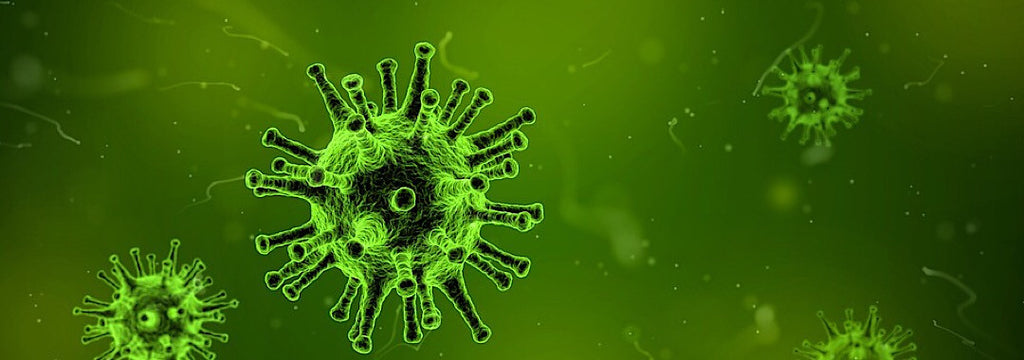
While we know that celiac disease has a genetic component, precisely what causes the disease to appear continues to puzzle researchers.
A new study is beginning to shed light on this. Researchers recently discovered that infection with reoviruses may play a role -- a finding that could be bringing us closer to a vaccine for celiac disease.
Researchers of this groundbreaking study, including Dr. Terence Dermody, chair of the Department of pediatrics at the University of Pittsburgh School of Medicine in Pennsylvania, say their findings indicate that vaccination against certain viruses could potentially help prevent celiac disease. The researchers published their results in the Journal Science.
What Do Reoviruses Have to Do with Celiac Disease?
Dermody and his colleagues have long investigated the health implications of reoviruses, which are a group of RNA viruses associated with gastrointestinal infections. These viruses are particularly interesting to researchers as they present absolutely no symptoms for most people.
For this new study, the team set out to determine whether there might be a link between reovirus infection and celiac disease. To research their findings, the team assessed the effects of two genetically different strains of human reoviruses on immune responses to gluten in mice.
The team found that one of the strains not only prompted an inflammatory response in the rodents, but it also led to the loss of oral tolerance to gluten.
On assessing the immune responses of those with and without celiac disease, the researchers found that those with celiac disease had significantly higher levels of antibodies to reoviruses.
Additionally, the analysis revealed that a higher level of reovirus antibodies was associated with increased expression of the IRF1 gene, which is a key player in the loss of oral tolerance to gluten.
What Do These Results Mean?
"This study clearly shows that a virus that is not clinically symptomatic can still do bad things to the immune system and set the stage for an autoimmune disorder, and for celiac disease in particular," said senior study author Dr. Bana Jabri of the Department of Medicine and Pediatrics at the University of Chicago Celiac Disease Center.
Dermody and team said their findings indicate that an initial reovirus infection may leave a "permanent mark" on the immune system that later triggers an immune response to gluten. This could have significant implications for children who are genetically predisposed to celiac disease, researchers note.
Young children have a greater susceptibility to viral infections such as reoviruses. Combined with a high genetic risk of celiac disease, early gluten exposure may fuel its development.
"During the first year of life, the immune system is still maturing, so for a child with a particular genetic background, getting a particular virus at that time can leave a kind of scar that then has long-term consequences," explained Jabri. "That's why we believe that once we have more studies, we may want to think about whether children at high risk of developing celiac disease should be vaccinated," she added.
While these findings contribute a relatively small piece to the giant puzzle that is celiac disease, it has moved us one step closer not only to a cure or a vaccine, but to understanding the intricacies of what causes this disease to develop. One small step research-wise, but a giant leap as well!




Leave a comment